4 tips for managing smaller projects
Whilst the natural thought process is that smaller projects are easier to run, they are subject to additional challenges that a larger project may not face. So why are smaller projects more difficult to manage?
Myth
The tendency is to associate small projects with small, highly-skilled teams that can breeze through any task thrown at them. Communication between project managers and the team is effortless; morale is high as everyone can make an impact on the project; and close working relationships form to create a highly effective team.
Truth
The truth is that while smaller projects can be beautiful, they can also encounter challenges that larger projects may not face. Here are four common challenges of smaller projects along with potential solutions to help you stay on track.
1. Lack of specialist skills
In a smaller project team, you are less likely to have the specific skills some tasks need. As there are fewer members of the team, resources are more likely to be chosen for their ability to carry out multiple activities to ensure all aspects of the project can be completed.
While this presents more opportunity for the project team to develop their skills, it also means that the depth of knowledge in some areas will be lacking and the project could be compromised. In this case, project managers will often turn to outside specialists for the help needed, but this can add to the cost of a project.
The solution…
The key is to identify the skills gap early and arm your team with the tools they need to do their job well. You can then create a training plan to bring the skills of existing team members up to the required level or assign each team a mentor who can teach them the skills they’ll need. Improving staff members’ project management skills will mean they can participate in projects as needed and manage and deliver those projects successfully.
2. There’s less experience to draw on
The Project Manager of a large project will typically have subject matter experts within their team to turn to for the specialised advice or help they need. In a smaller project, the available skill-sets are spread more thinly, which could expose a project manager who does not have an intimate understanding of certain project elements
The solution…
The project manager must be fully briefed and learn as much as they can about the client before the project begins. However, a certain amount of learning on the job is inevitable, so project managers must have points of contact they can turn to for help.
3. There are fewer opportunities to delegate
There are also fewer people in the team the project manager can delegate tasks to. As a result, the project manager is likely to be left to manage every aspect of project administration. This can leave them feeling overwhelmed, particularly when they’re also responsible for completing other project specific roles.
The solution…
The project manager should take a close look at their workload and be realistic about how much they’ll be able to do from the outset. Project and resource management software can play an important part in reducing the PM’s workload, but if extra help is needed, extra project support should be sought to make the tasks more manageable.
4. You receive less support from senior management
According to the Capterra's 20 Surprising Project Management Statistics 33% of projects fail because of a lack of involvement from senior management. One of the biggest disadvantages associated with managing smaller project teams is the lack of attention and support you may receive from senior management. The likelihood is that the further down the management’s list of priorities your project appears, the less attention the project will receive. This could be an advantage as it leaves you free to manage the project on your own terms, but if you need some executive assistance or a quick decision from a senior stakeholder, that’s when it starts to be a problem.
The solution…
The success of a project is almost entirely dependent on the backing it receives from senior stakeholders and an engaged project sponsor. If this is not the case this is something that needs dealing with head on. You must come to an agreement on how much support the team will need at different stages of its lifecycle, without eating into too much of the senior management’s team.
How can cloud-based project & resource management software help with your smaller projects?
Regardless of the size of a project, making the leap to cloud-based project and resource management software can help. Hydra Cloud makes the most of the resources you have. By providing a central hub for your resource planning and scheduling, you can make sure the required skills match the right tasks, avoiding the over- and under-utilisation of resources. To see how Hydra Cloud can help, watch our free demo.


